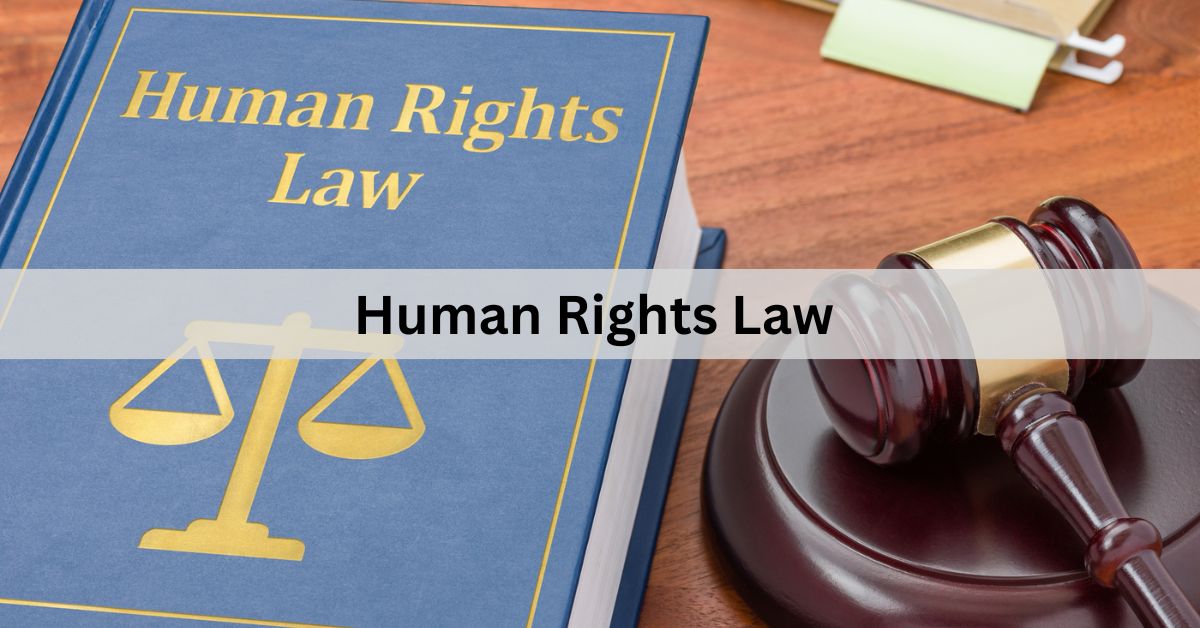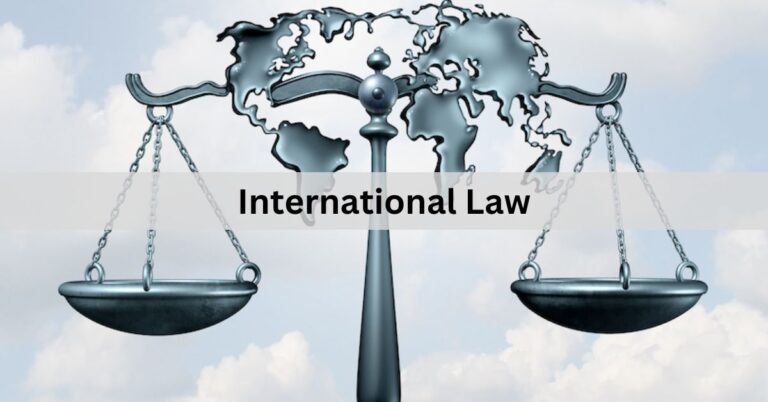Human Rights Law – Upholding Dignity and Equality!
Human rights law is a fundamental framework that protects the inherent dignity, freedoms, and equality of all individuals globally. At [Your Law Firm/Organization], we advocate for justice, equality, and accountability through comprehensive legal insights, landmark cases, international treaties, and strategies for promoting and defending human rights. This article explores the significance of human rights law, key principles, international conventions, enforcement mechanisms, and the role of legal professionals in advancing human rights worldwide.
Importance of Human Rights Law
1. Protection of Fundamental Rights
Human rights law safeguards fundamental freedoms and rights such as life, liberty, equality before the law, freedom of speech, and privacy. These protections are essential for promoting dignity, autonomy, and justice for all individuals.
2. Equality and Non-Discrimination
Legal frameworks combat discrimination based on race, ethnicity, gender, religion, disability, sexual orientation, and other grounds, ensuring equal opportunities and treatment under the law.
3. Accountability and Justice
Human rights laws hold governments, institutions, and individuals accountable for violations, atrocities, and abuses. They promote transparency, accountability, and access to justice for victims of human rights violations.
Key Principles in Human Rights Law
1. Universality
Human rights are universal and apply to all individuals without discrimination. They are inherent to human dignity and transcend national boundaries, cultures, and political systems.
2. Inalienability
Human rights are inalienable and cannot be taken away or surrendered. They are inherent to every person by virtue of their humanity, regardless of circumstances or status.
3. Interdependence and Indivisibility
Human rights are interdependent and indivisible, meaning that civil, political, economic, social, and cultural rights are interconnected and mutually reinforcing.
International Conventions and Treaties
1. Universal Declaration of Human Rights (UDHR)
Adopted by the United Nations General Assembly in 1948, the UDHR sets out fundamental human rights principles and forms the basis for international human rights law and standards.
2. International Covenant on Civil and Political Rights (ICCPR)
The ICCPR protects civil and political rights, including freedom of speech, assembly, and religion, and ensures fair trial rights and freedom from torture and arbitrary detention.
3. International Covenant on Economic, Social and Cultural Rights (ICESCR)
The ICESCR safeguards economic, social, and cultural rights such as the right to education, health, adequate standard of living, and cultural participation.
Enforcement Mechanisms and Advocacy Strategies
1. United Nations Human Rights Council (UNHRC)
The UNHRC monitors human rights violations globally, conducts investigations, and recommends actions to address human rights abuses through resolutions and reports.
2. Regional Human Rights Courts and Mechanisms
Regional bodies like the European Court of Human Rights (ECHR) and Inter-American Court of Human Rights (IACHR) adjudicate human rights cases and enforce regional human rights treaties.
3. Legal Advocacy and Litigation
Human rights lawyers and organizations engage in legal advocacy, strategic litigation, and public interest litigation to challenge human rights violations, advocate for policy reforms, and seek justice for victims.
Role of Legal Professionals in Human Rights
1. Legal Representation and Counsel
Human rights lawyers provide legal representation to victims of human rights abuses, advocate for their rights in courts and international forums, and seek remedies and reparations for violations.
2. Policy Development and Legislative Advocacy
Legal professionals contribute to the development of human rights policies, legislative reforms, and advocacy campaigns aimed at strengthening legal protections, promoting equality, and combating discrimination.
Conclusion
In conclusion, human rights law serves as a cornerstone of justice, dignity, and equality for all individuals worldwide. By upholding fundamental freedoms, combating discrimination, promoting accountability, and advancing international standards, human rights law plays a pivotal role in creating a more just and equitable society.


